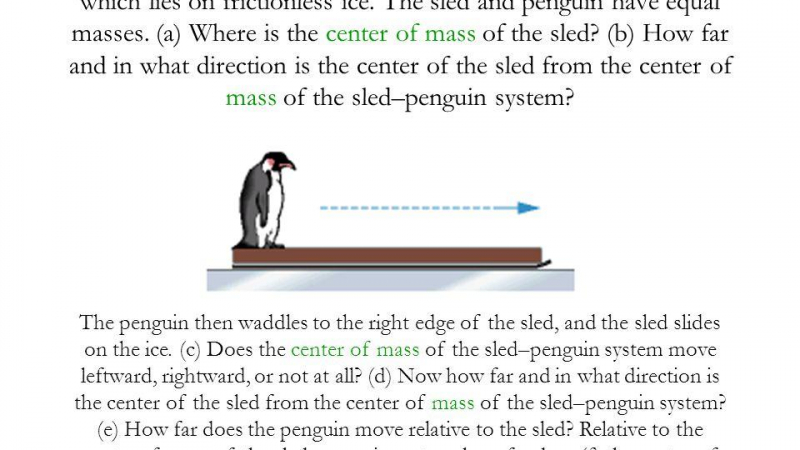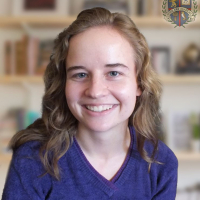Why learn Algebra II, Calculus II, Physics I, Physics II, and Pre-Calculus?

Sarah Cartwright is one of our talented teachers at VSA. She teaches Algebra II, Calculus II, Physics I, Physics II, and Pre-Calculus. As many students get toward the end of their high school education, they begin to wonder why they really need to learn the challenging stuff? They most likely won't use it later in life, right? In her article below, Sarah addresses these questions and more.
Have you ever wondered why penguins can’t fly? How do artists know how much marble to purchase to design a vase? Why do some music notes sound beautiful together and others make you cringe? How does JPEG store digital images? Why do we sometimes say time is relative? There are so many questions around us. When we think of ‘Advanced Physics’ or ‘Multi-variable Calculus’ we don’t often think of penguins, but may imagine many long, tiring hours solving problems. But as my violin instructor used to say, we must take care of the ‘dirty laundry’ (scales) in order to enjoy wearing nice clothes (performing Mozart or Bach). If we only see the complex math problems, we miss the beauty of what they tell us. And who wants to miss learning about a glow-in-the-dark octopus and space travel simply because the ‘dirty laundry’ is sometimes frustrating? I want to encourage you to challenge yourself this year with Physics 2 and/or Calculus 2 for three reasons: it’s fun, it’s useful, and it glorifies God.
Just because it’s hard doesn’t mean it’s not fun.
Climbing mountains is hard, but the view from the top is inspiring. In these advanced courses, I hope you will see how fun and exciting God’s creation is. We will explore the three-dimensional graph of a Pringle (yes, there actually is a quadric surface in the shape of a Pringle!), learn how humpback whales sing, visualize computer graphics used in the Lord of the Rings, discover how magnets can help trains go faster than ever before, calculate the energy necessary to launch a rocket, and so much more. We will begin every class with a daily highlight to see how we can relate what we are learning to real life.
While our main goal is to have fun learning about God’s creation, these courses also look outstanding on a resume.
And you would be prepared to take AP Physics 2 and AP Calculus BC at the end of these two classes. I have had students score very well on these exams and go on to become national merit scholars, accepted into very highly-ranked universities around the world. It also looks good in a letter of recommendation to have your teacher praise your determination in taking on these advanced topics. We know that we ‘reap what we sow’ (Galatians 6:7), and God will be faithful to see us through whatever challenges lie ahead.
Finally, hard work glorifies God. We are told the ‘soul of the diligent is richly supplied’ (Proverbs 13:4). By enjoying God’s creation through diligent study, we are learning something more of our relationship with God. I love the quote from C.S. Lewis, ‘In science we have been reading only the notes to a poem; in Christianity we find the poem itself.’ Allow your lens of faith to influence your decisions and work ethic this year. Look past the ‘dirty laundry’ and see the benefits and beauty of what we are studying. I pray you all have a fantastic year ahead, learning more of God’s glory through studying His creation.
--
By Sarah Cartwright
Sarah Cartwright grew up with a homeschool, classical, Christian education and thoroughly enjoyed learning through the lens of reformed, Christian faith. Growing up with a math teacher and a software engineer for parents, Sarah grew to love mathematics and science. This led to Sarah earning a B.A. in mathematics from the University of Nevada, Las Vegas (UNLV), graduating summa cum laude.







